Our Wilderness Remote First Aid class is a perfect fit for anyone who works or recreates in places that are 30 minutes or more from advanced medical care. People who’ve taken this course include pilots, Boy Scout and Girl Scout troops, outdoor enthusiasts, law enforcement, search and rescue groups, hunters and anglers, rafting guides, field technicians, environmental consultants, and professional sport fishing and hunting guides.
Wilderness Remote First Aid (WRFA) is a time and cost-effective alternative to a Wilderness First Responder (WFR) training for those who would still benefit from advanced skills that can be used to respond to emergencies in remote locations. The WFR classes that many people take place a heavy emphasis on reading assignments, written quizzes, and tests to cover concepts of human anatomy and physiology in great detail. Our WRFA class covers all the same essential topics, but places the emphasis on hands-on practice and opportunities for constructive feedback. We tailor each class to the specific environmental conditions, challenges, and emergency situations that students are likely to encounter. Students’ will spend a substantial amount of time outdoors during class, and the final exam is a hands-on practical.
Topics included in our WRFA training:
- Creating effective first aid kits for specific wilderness or remote environments
- Assessments: checking the scene and injuries, how to make emergency moves, calling for help and evacuation considerations.
- Heart conditions, when to perform CPR, and when to cease CPR.
- Shock
- Chest injuries
- Head, neck, and spinal injuries
- Wounds and wound infection (soft tissue injuries)
- Ear, nose, and teeth problems
- Insect and animal bites
- Bone and joint injuries, including dislocations
- Burns
- Abdominal illnesses
- Allergies, anaphylaxis, and epinephrine use
- Environmental emergencies: hypothermia, heat-related illness, altitude-related illnesses and Acute Mountain Sickness, drowning and submersion
Prerequisites: Students must be at least 14 years of age or older. Students must have a current CPR/AED Certification unless attending our combined CPR/AED + WRFA course. Students must be able to demonstrate understanding of class concepts, and physically perform the skills presented. The Wilderness Remote First Aid class is taught predominately outside. Students must be prepared to be outdoors for significant stretches of time with appropriate clothing and gear. Please see Additional Class Requirements for further information.
Course Length: The standard course is 16 hours long. The combined course (CPR/AED + WRFA) is 20 hours in length.
Certification: After successful completion of the class, students will receive an American Red Cross Wilderness Remote First Aid certification that is valid for two years. Certificates are digital (PDF files) and can be printed, saved, or emailed.
Standards: This class meets OSHA and workplace safety requirements.
Continuing Education Units: Continuing Education Units are available for this course. Please contact us for more information.
Additional Class Requirements: The Wilderness Remote First Aid class is taught predominately outside. The idea is to learn and practice your skills in the environment you will be operating in. You will need to be dressed for the weather. You will need to have the following items with you:
- Sleeping bag and sleeping pad. Students will use these during the outdoor practice scenarios.
- Clothing that can be cut and stained. Students will fill the role of patients during practice scenarios and fake blood will be used to simulate injuries to add realism to the scenarios. The clothing should include pants, socks, and a long sleeve shirt.
- Notetaking materials. Practice scenarios will require you to take notes. A small notebook made of all-weather paper (such as Rite in the Rain) is helpful.
- Snacks/Water. Nalgene or other water bottle, and snacks.
- Headlamp. This is particularly important during winter classes.
- Backpack. It’s always good to train with what you will be using in the field. Having a backpack allows you to carry supplies, and additionally, you use your own gear during practice scenarios.
- Emergency blanket (silver space blanket).
- Proper clothing for the outdoor environment and weather. Be prepared to spend long stretches of time outside.




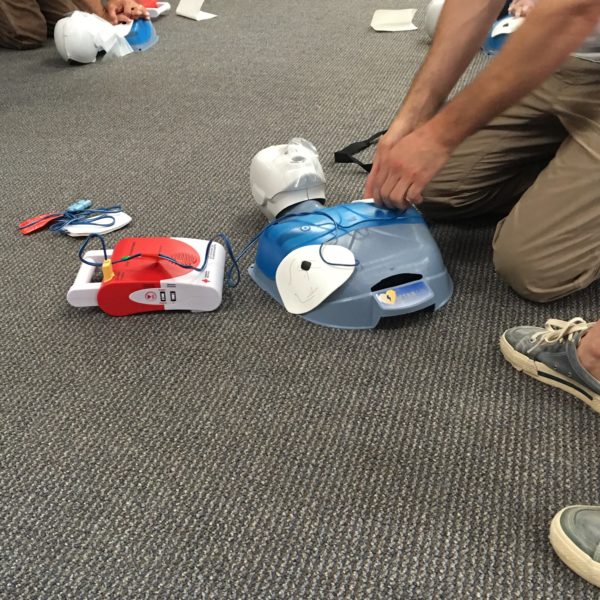
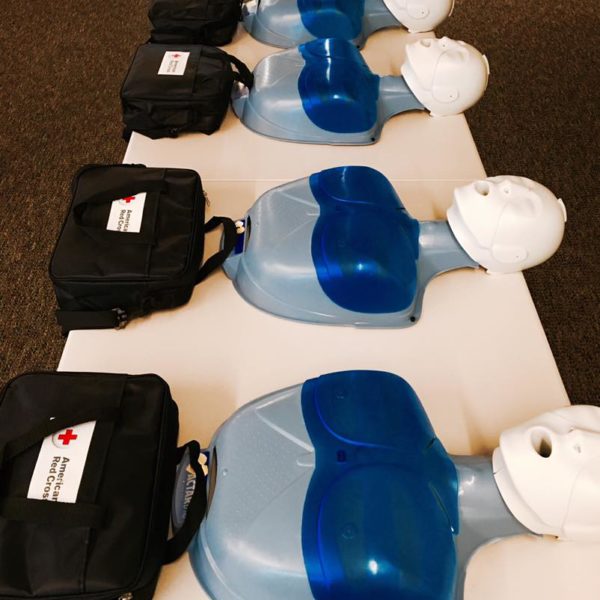
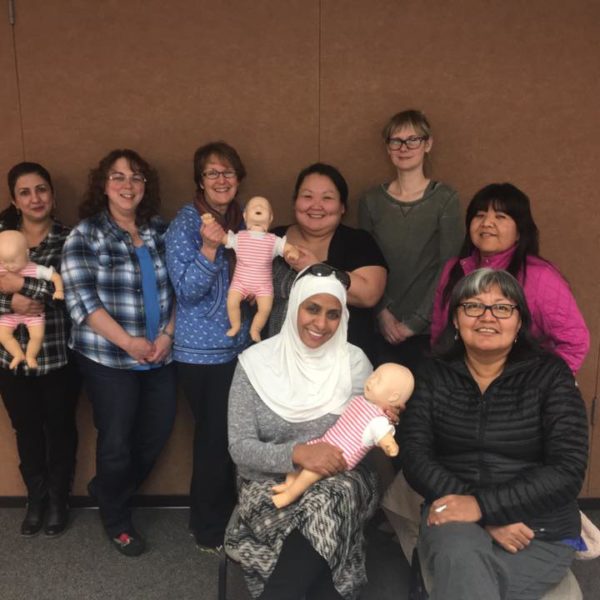
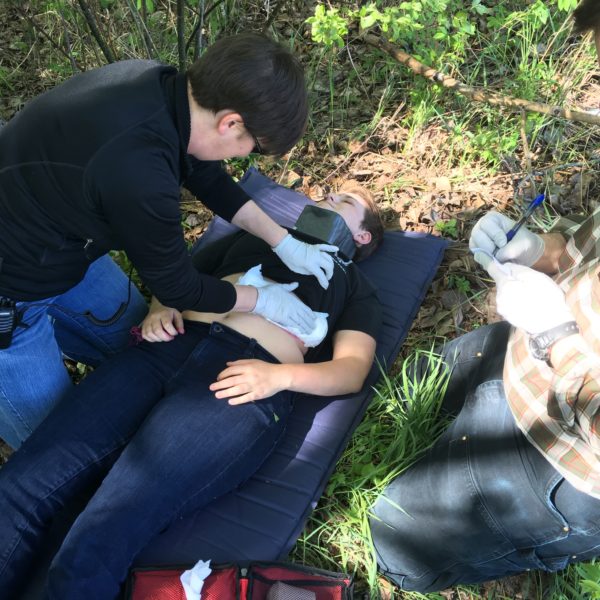
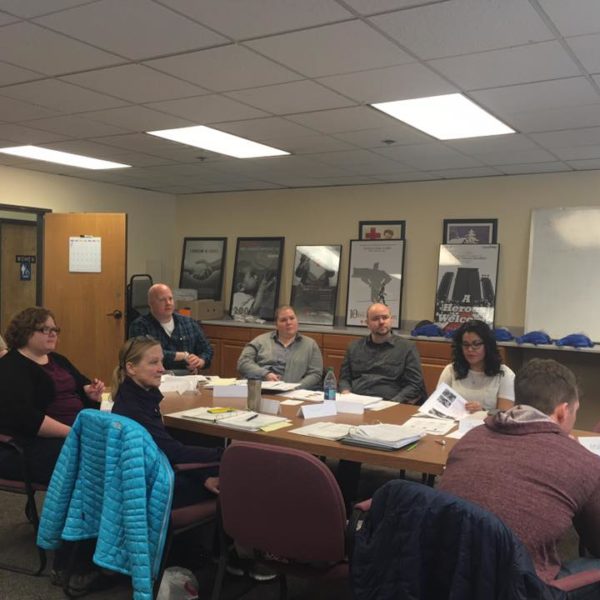
Reviews
There are no reviews yet.